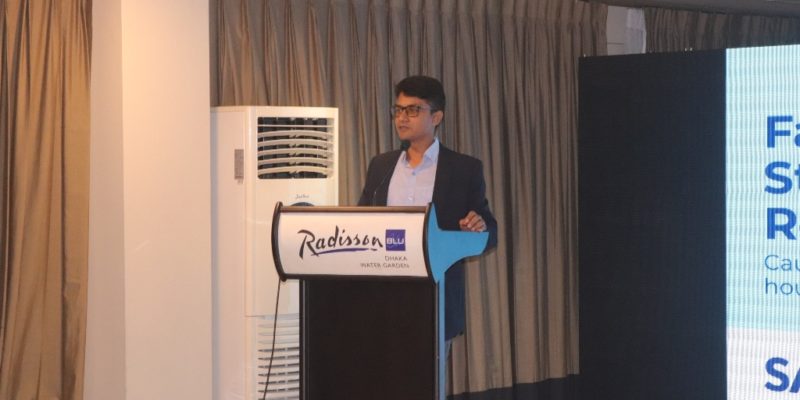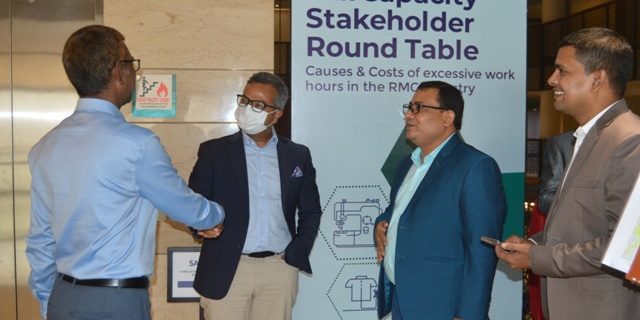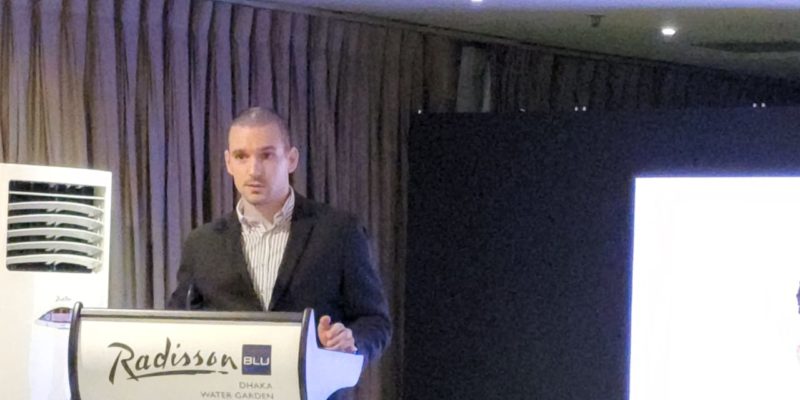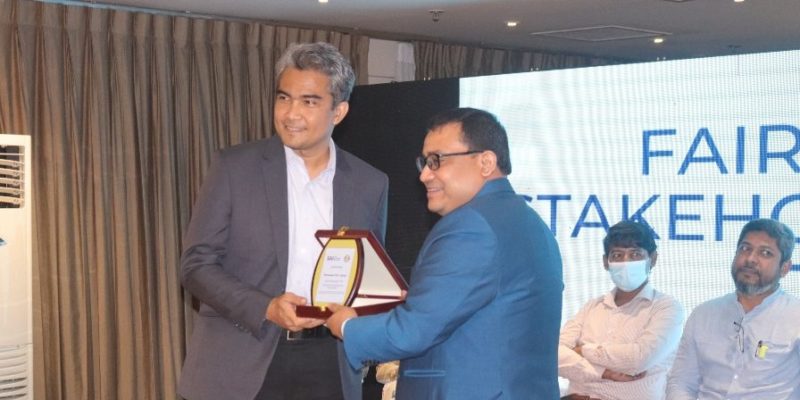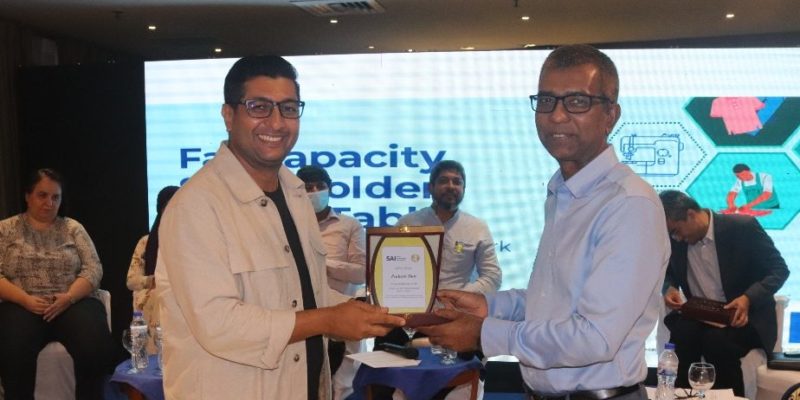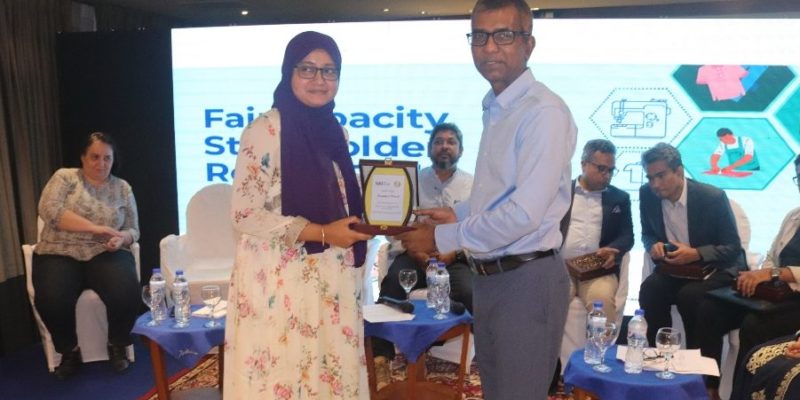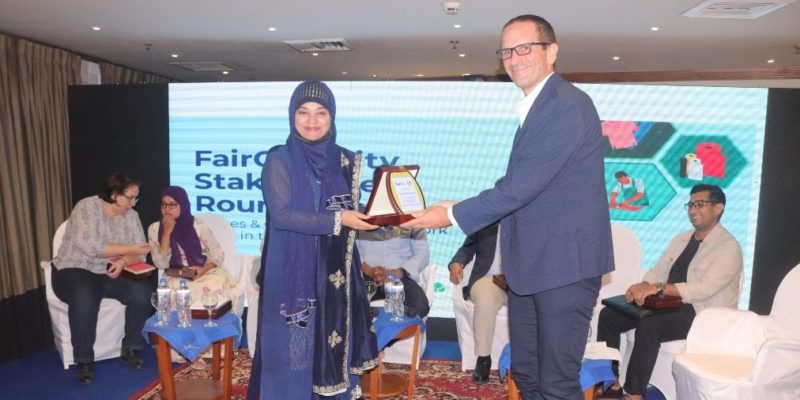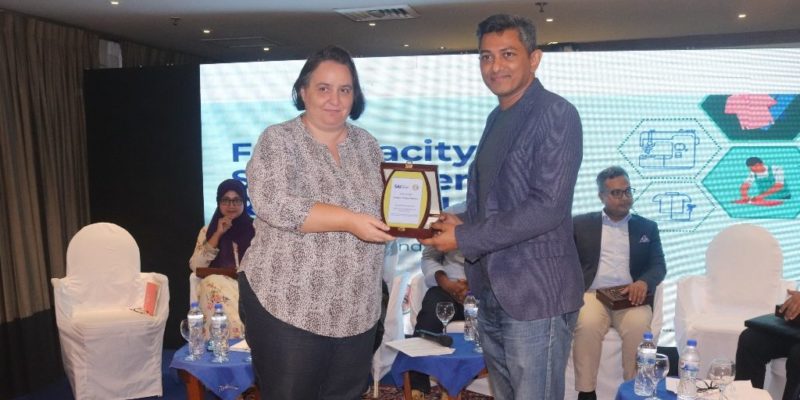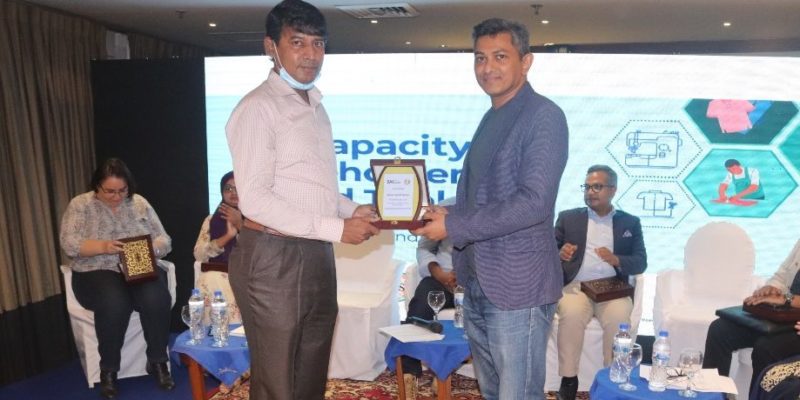On June 25, 2022, SAI and our local implementing partner for the FairCapacity Program, GSCS International Ltd., hosted the ‘FairCapacity Stakeholder Roundtable: Causes & Costs of Excessive Work Hours in the RMG Industry,’ a panel discussion and networking event for stakeholders to discuss the effects of excessive working hours on garment workers, brands, suppliers, and the industry as a whole. The event brought together over 90 participants, including suppliers, employers, brands, buyers, and other actors in the ready-made garment (RMG) industry in Bangladesh. The roundtable discussion centered on the underlying causes of excessive working hours in the RMG industry, how they affect workers, factories, product quality, and brand reputation, and potential solutions to reduce the industry’s reliance on excessive hours.
Because of the RMG industry’s competitive and fast-paced nature, factories must operate near full capacity to compete. With these conditions and poor capacity measurement and forecasting practices the norm, factories can easily become overextended. Factory managers often have to sacrifice other important considerations, including labor compliance, quality, and investment in future improvements, to make ends meet. “In the last decade the apparel industry in Bangladesh and around the world has helped to lift millions of people out of extreme poverty, but many people still toil in poor working conditions, working overtime and making poverty wages,” Jane Hwang, President & CEO of SAI, noted in her opening speech. “According to the World Bank, 3.4 billion people still struggle to meet basic needs.”
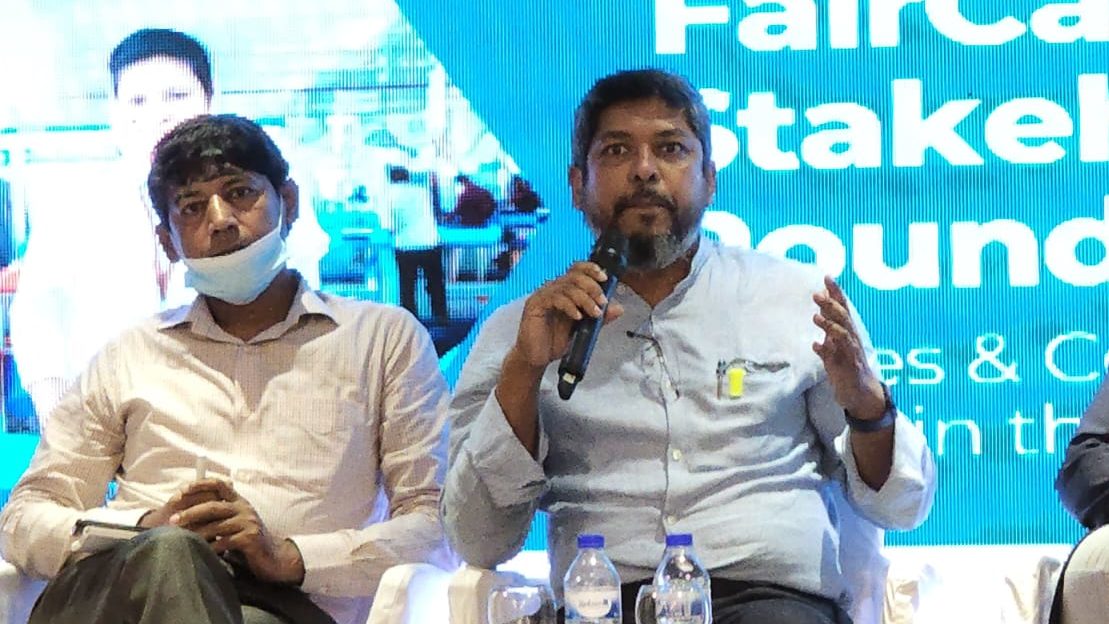
Ultimately, the costs of these internal and external pressures are borne by workers, especially through excessive overtime and working hours—some of the most prevalent and most overlooked ILO indicators of forced labor. According to a 2017 ILO Baseline Study, 36% of workers in Bangladesh’s RMG industry said that their employer did not follow the legal limit of overtime (up to 12 hours a week) and approximately 40% of surveyed factories had workers who were at risk of excessive overtime. People working excessive hours typically do not identify as being victims of forced labor, but those conditions have a negative impact on workers’ health, safety, and well-being, leading to cycles of long hours, lower productivity, and lower hourly wages. During the discussion, panelists pointed to negative impacts on brand reputation, profit, and turnover.
About the negative consequences of working excessive hours, Nasir Chowdhury, Bangladesh Country Manager at GFEMS noted, “Last month, one of our partners completed a study which revealed that workers suffer from minor health issues now, which sometimes results in severe health problems [in the long term]. These issues pose costs to the worker, the factory owner, and definitely the overall [RMG] sector.”
“The study confirms that happy and healthy workers… are more productive. The pandemic has also shown us – we need a happy and healthy workforce more than ever before.”
Nasir Chowdhury, Bangladesh Country Manager, GFEMS
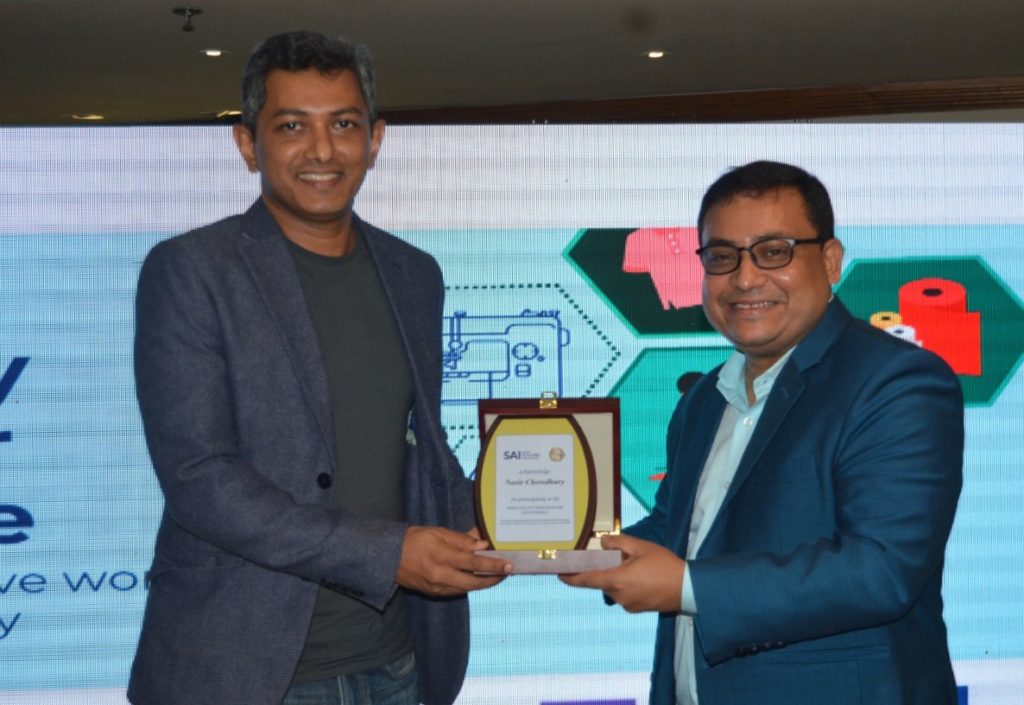
The solutions discussed point to the need for a multi-faceted approach, with roles for both suppliers and buyers. Speakers discussed the potential of the FairCapacity Platform and Program to be part of that solution. In his opening speech, Alen Maletic, Program Officer from the Delegation of the European Union to Bangladesh, underscored this point, stating that the FairCapacity Platform could significantly improve the wellbeing of employees, employers, brands, and buyers in the apparel supply chain.
The FairCapacity Platform seeks to aid suppliers with their production capacity measurement and planning, encourage responsible subcontracting, and help forge better buyer-supplier relationships. The Platform connects buyers and suppliers, giving buyers greater visibility into their supply chains and helping suppliers improve working conditions while making improvements to productivity and other business outcomes. The platform includes the innovative FairCapacity Production Calculator, which incorporates the 16 most important factors affecting production capacity in garment manufacturing facilities. This enables more accurate and reliable capacity measurement, forecasting, and planning, in turn, reducing the need for risky labor practices like excessive overtime, unpredictable schedules, and unauthorized subcontracting.
“The Bangladesh apparel industry can lead the way with innovation and good working conditions that attract and retain a healthy, productive, and stable workforce and help to sustain economic growth for years to come, positioning Bangladesh as the supplier and exporter of choice for the world.”
Jane Hwang, President & CEO, SAI
For more information on how you can join this innovative platform, gain access to the FairCapacity Calculator, attend free trainings, or receive a free, customized management systems assessment, please contact Stephanie Wilson at faircapacity@sa-intl.org.
SAI’s FairCapacity Program aims to improve transparency and working conditions in the global apparel supply chain. SAI began the FairCapacity Program in Bangladesh in 2019, with the support of the European Union, and extended the program into India in 2020, with the support of the Global Fund to End Modern Slavery, UK Aid, and Norwegian Agency for Development Cooperation (Norad).

